Back to Courses
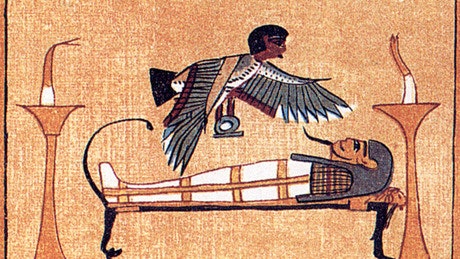
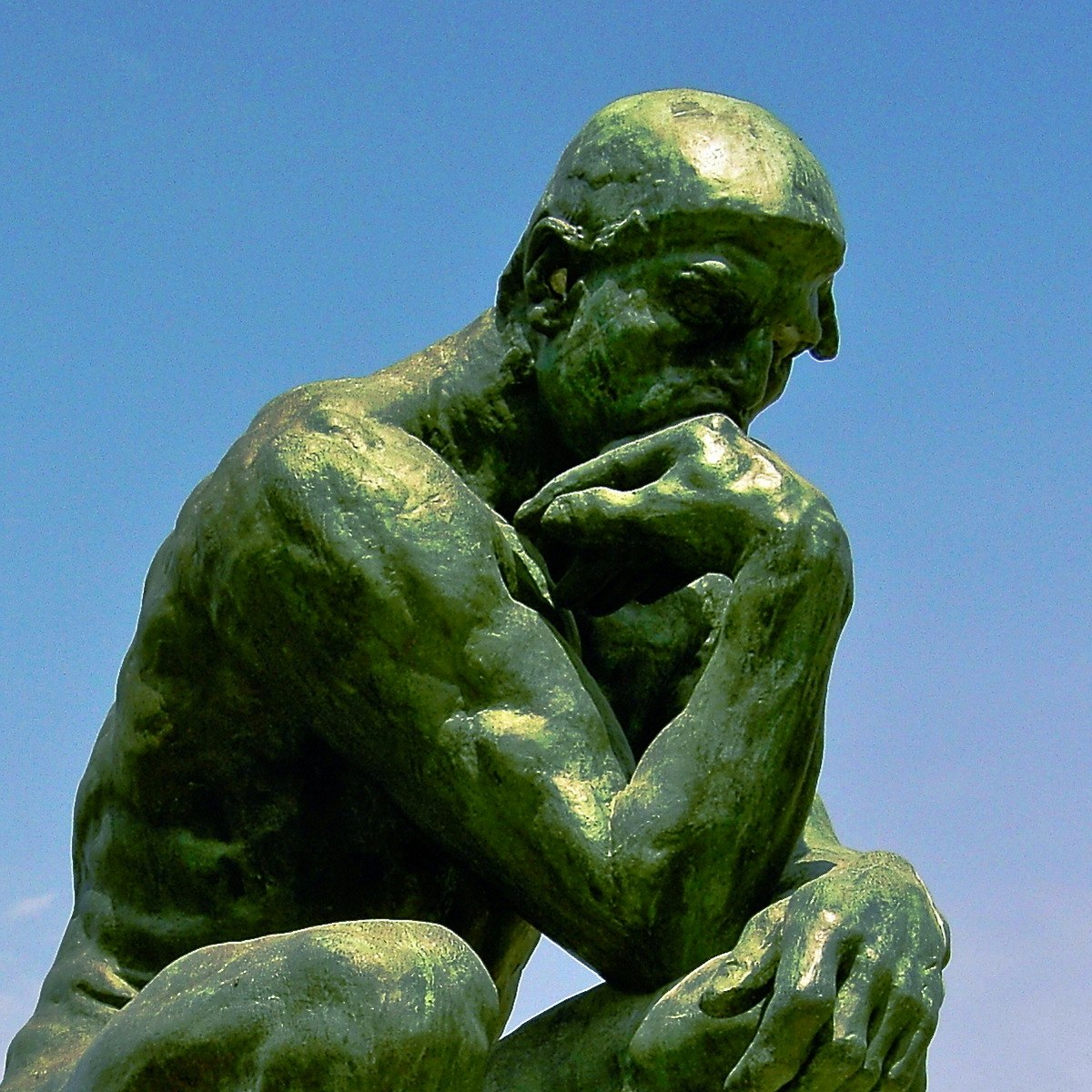
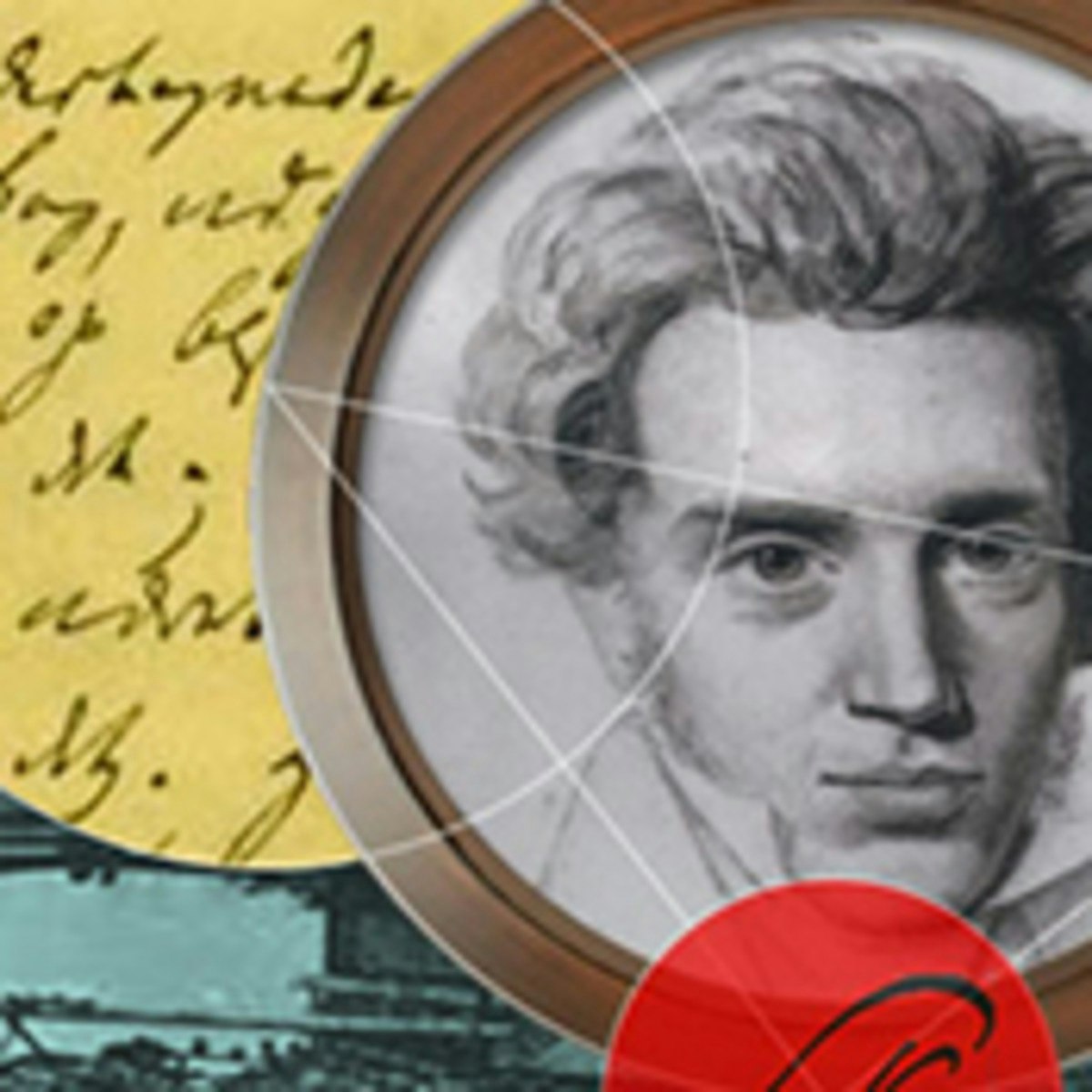

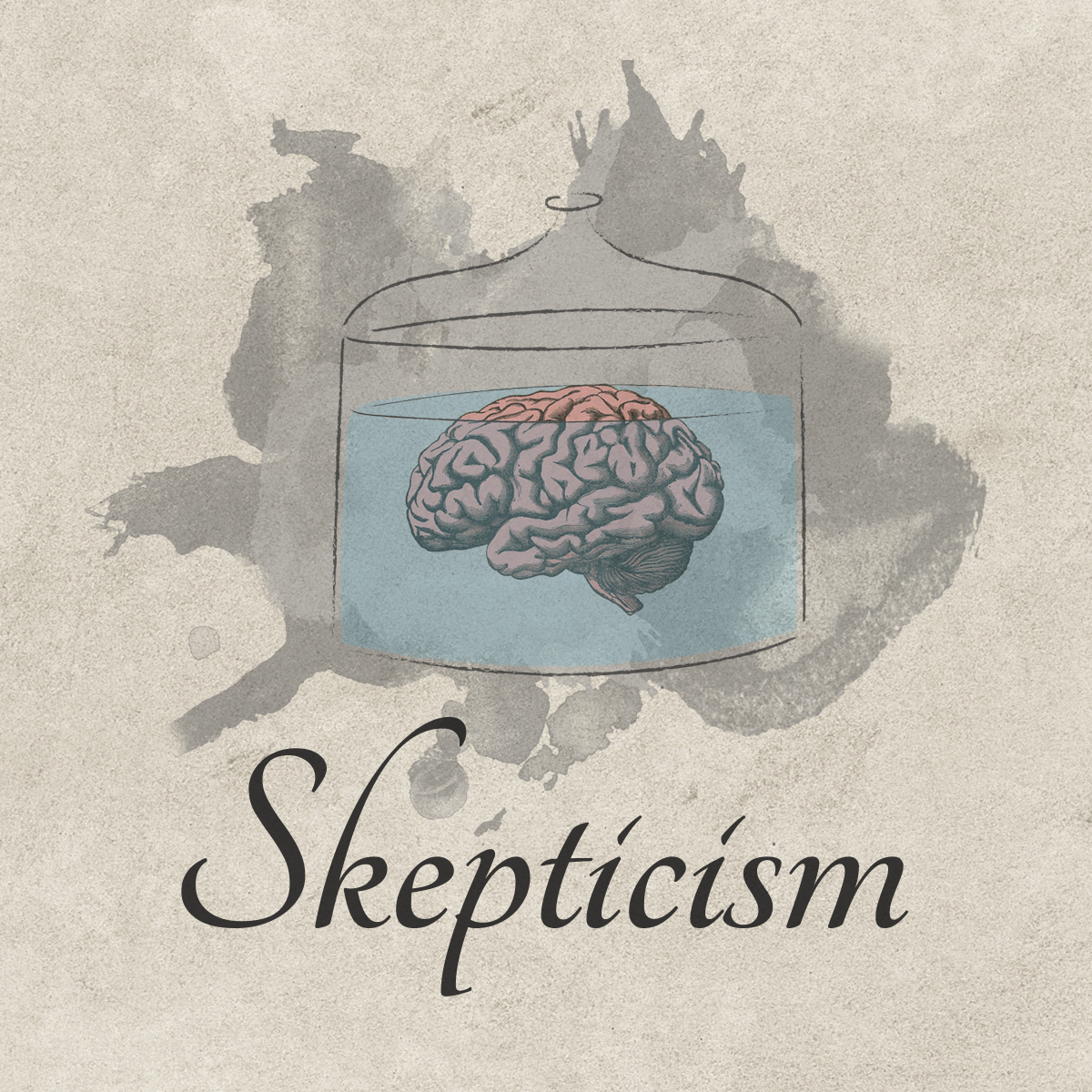
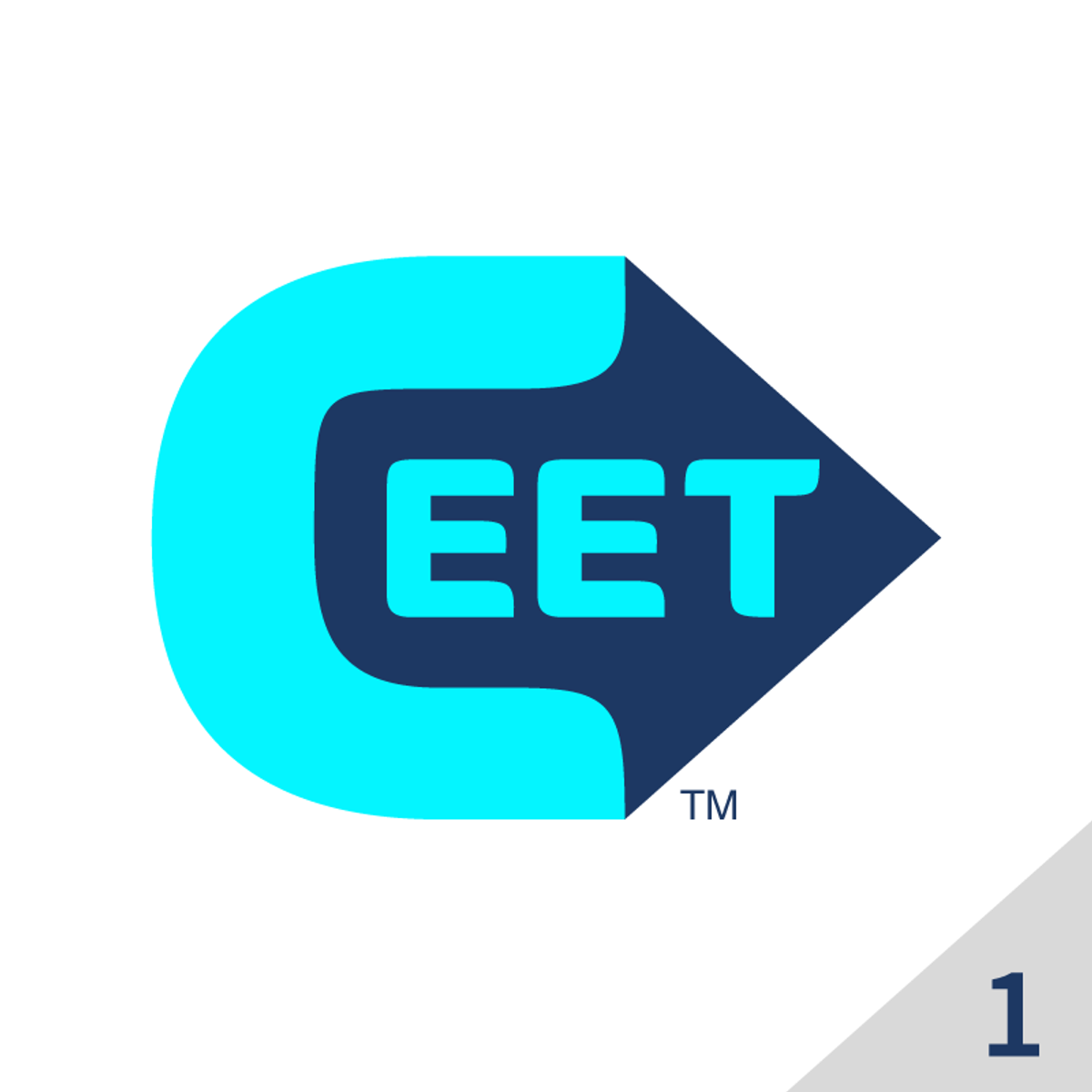
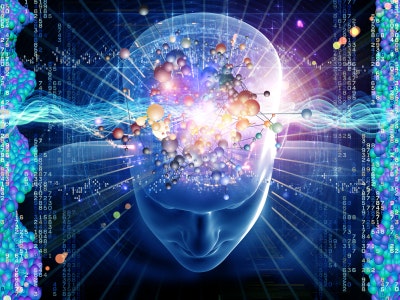
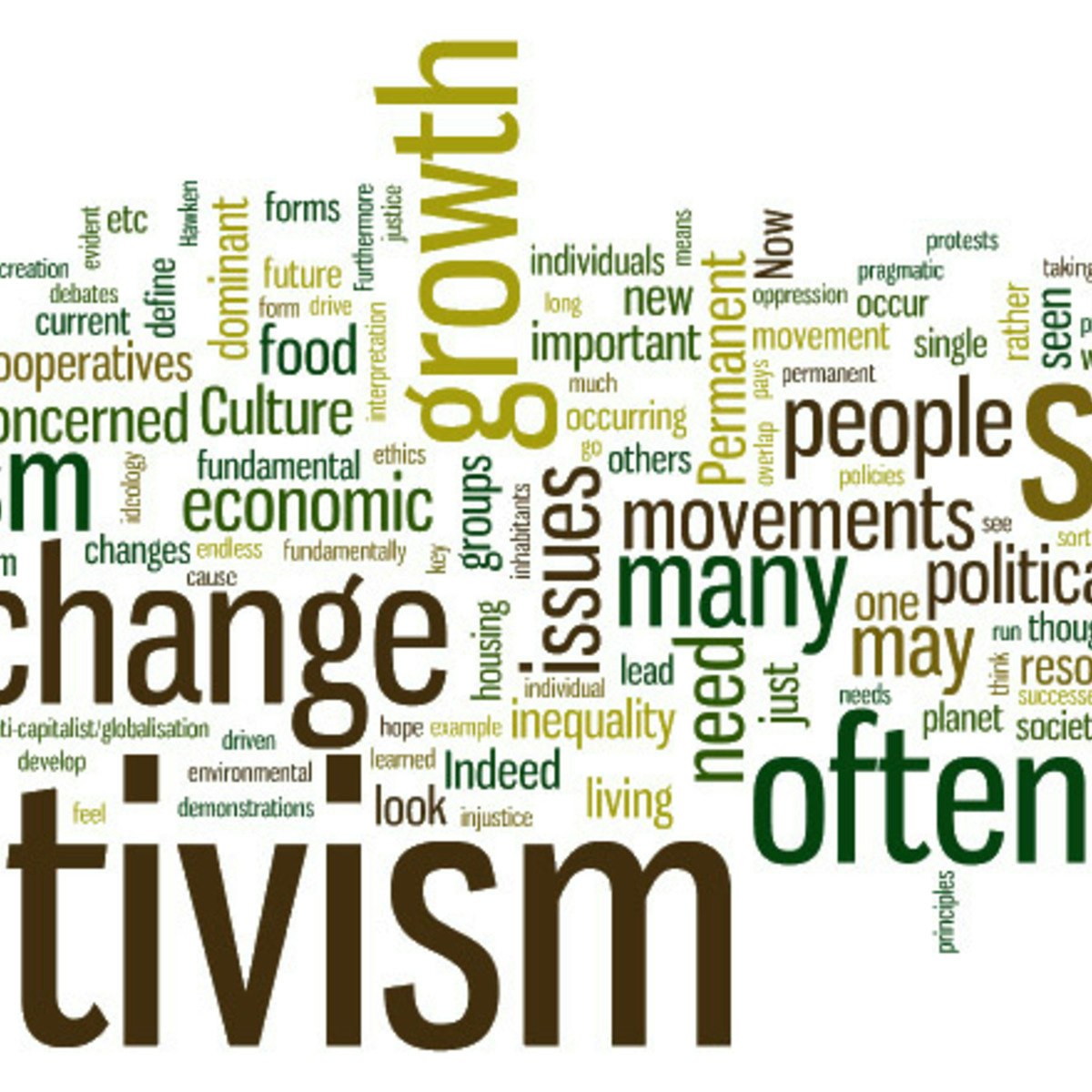

Philosophy Courses - Page 3
Showing results 21-30 of 81

Reality Bites: Introduction to metaphysics
Speculative metaphysics is challenging, but this course will whet your appetite for it, because it explains fundamental metaphysical problems and views in terms of what you can find in your kitchen and what happens in it when you cook and enjoy food. Here are the 8 bites on the menu.
- The first module 1 explains that metaphysics is about the ingredients and recipes of the world, i.e., which kinds of entities exist and how they relate to one another.
- Modules 2 and 3 invite you to reflect on whether the properties of ingredients -such as their shape and weight- are separate from and if so, how they come together in the ingredients.
- Modules 4 to 7 are about cooking: its most important ingredient is time and most cooking consists in causing changes to the ingredients over time. Yet some ingredients persist: although they undergo changes, they remain the same. Moreover, cooking minimally involves putting two or more ingredients together, so that they compose a whole. Hence modules 4 to 7 deal with time, causation, persistence and composition respectively.
- Finally, the last module touch on the smells, tastes and other qualitative aspects of our experiences when enjoying food.
Bon appétit!

Soul Beliefs: Causes and Consequences - Unit 3: How Does It All End?
Throughout history, the vast majority of people around the globe have believed they have, however defined, a “soul.” While the question of whether the soul exists cannot be answered by science, what we can study are the causes and consequences of various beliefs about the soul and its prospects of surviving the death of the body. Why are soul and afterlife beliefs so common in human history? Are there adaptive advantages to assuming souls exist? Are there brain structures that have been shaped by environmental pressures that provide the foundation of body/mind dualism that is such a prominent feature of many religions? How do these beliefs shape the worldviews of different cultures and our collective lives? What is the role of competing afterlife beliefs in religion, science, politics, and war? This course explores several facets of this relatively unexplored but profoundly important aspect of human thought and behavior.
The course consists mainly of 70 to 80 minute lectures, typically broken up into 3 segments, recorded from a course offered by Rutgers University School of Arts and Sciences. These videos include slides and some embedded video clips. Most lectures are accompanied by slides used during the lecture, also including recommended reading assignment which may provide additional opportunities to reflect on your studies.
Due to the lengthiness of this class and natural progression, the online course has been separated into 3 units, this is Unit 3.

Reasoning Across the Disciplines
Critical reasoning skills are a key success factor for students entering their first year of college. They must be able to think logically and form arguments. This course, designed with incoming college freshmen in mind but open to anyone, provides an essential grounding in critical reasoning skills. Faculty from multiple disciplines at the University of North Carolina at Chapel Hill offer guidance on applying critical thinking skills in the context of specific disciplines. By developing these skills, students will learn more, enjoy their courses more, and experience greater academic success.
This course will help you understand what critical thinking skills are and why they're so important. You will also learn how critical thinking skills vary across disciplines, as well as see them applied across several fields, including, chemistry, history, psychology, law, English, and American Studies. You will develop your own critical thinking skills by working through scenarios or problems posed by scholars across these fields, and you will better understand how your college courses will differ from your earlier education.

Søren Kierkegaard - Subjectivity, Irony and the Crisis of Modernity
It is often claimed that relativism, subjectivism and nihilism are typically modern philosophical problems that emerge with the breakdown of traditional values, customs and ways of life. The result is the absence of meaning, the lapse of religious faith, and feeling of alienation that is so widespread in modernity.
The Danish thinker Søren Kierkegaard (1813-55) gave one of the most penetrating analyses of this complex phenomenon of modernity. But somewhat surprisingly he seeks insight into it not in any modern thinker but rather in an ancient one, the Greek philosopher Socrates.
In this course created by former associate professor at the Søren Kierkegaard Research Centre, Jon Stewart, we will explore how Kierkegaard deals with the problems associated with relativism, the lack of meaning and the undermining of religious faith that are typical of modern life. His penetrating analyses are still highly relevant today and have been seen as insightful for the leading figures of Existentialism, Post-Structuralism and Post-Modernism.

Designing the Future of Work
The workplace of tomorrow is an uncertain place. We live in a rapidly changing world, and design innovations such as artificial intelligence (AI), robotics, and big data are rapidly changing the fundamental nature of how we live and work. As these technologies continue to evolve at an exponential rate - it is becoming critical to understand their impact on contemporary work practices, and for businesses and employees to understand how to design a secure future amidst this disruption.
What new, disruptive technologies are on the horizon? How will jobs change? What challenges will employers and employees face? How can the design process help businesses and employees to create innovative solutions to overcome such challenges?
The course is a collaboration between UNSW Sydney Art & Design and AMP Amplify, AMP's innovation and ideas program. It brings together leading business and design thinking to help answer these questions, and investigates design strategies that businesses, employees and designers can adopt to find new opportunity in such a rapidly changing professional landscape.
WHAT WILL I LEARN?
The course provides you with a unique, authentic, and industry relevant learning opportunity. You will have access to current theory, industry examples and expert advice from leaders in the field. This course will help you to:
• Recognise how the integration of design approaches are shaping technology and business practices, and how these changes bring immense possibility and uncertainty to the future of work
• Analyse important skills and attributes that designers, employees, and businesses need to be successful in a speculative, technologically enhanced future
• Understand the importance of unique human attributes in increasingly automated workplaces
• Evaluate challenging issues related to potential change in processes, people and automation that might impact the future of your own employment or business
• Plot your own possible, probable, and preferable trajectories, and synthesise a design strategy to maximise your ability to adapt, grow, and realise opportunities in your own work future.
WHO WILL MY INSTRUCTORS BE?
You will learn effective design thinking strategies from leading UNSW Australia Art & Design academics. You will also examine case studies from business and service design perspectives that demonstrate how design can transform business processes to become more adaptive to and predictive of technological and social change, and this can help to capitalise on new opportunities. Direct from our industry partner AMP’s innovative Amplify program, you’ll hear personal insights and advice about how to develop attributes and skills that will give you an advantage in the workplace of the future, from the following business leaders, futurists, entrepreneurs, and innovators from around the world:
• Sean Brennan, Head of Design & Innovation, AMP
• Megan Dalla-Camina, Co-Founder/CEO, Lead Like a Woman - via Amplify
• Susan David Ph.D, CEO, Evidence Based Psychology - via Amplify
• Dr. Norman Lewis, Director, Futures-Diagnosis Ltd - via Amplify
• Heather McGowan, Author & Advisor, Work to Learn - via Amplify
• Ramez Naam, Exponential technologies, Machine learning, Artificial intelligence, Singularity University - via Amplify
• Dr. Andy Polaine, Regional Design Director, Asia-Pacific, Fjord
• Michael Schrage, Research Fellow, Innovation Thought Leader, MIT Sloan School's Center for Digital Business - via Amplify
• Chris Shipley, Curator, MIT Solve. via Amplify
• Sue Suckling, New Zealand Qualifications Authority, Chair of Callaghan Innovation, Chair of the New Zealand Qualifications Authority - via Amplify
• Professor Nick Wailes, Director, AGSM, and Deputy Dean, UNSW Business School. UNSW Sydney.

Skepticism
Skepticism is about doubt, and doubt is everywhere in the world around us today. There are doubts about whether man-made climate change is real, whether vaccinations are harmful, whether we can trust our politicians or our media, and so on. When is such skepticism warranted, and when does it stray into unreasonable territory? How widespread can such skepticism get while still being coherent? How might a radical skepticism have pernicious social consequences, such as by leading to relativism (and just what is relativism, and what is problematic about it)?
These are all questions that we will be engaging with in this course Along the way we will consider some important philosophical issues, such as what the nature of knowledge is, whether there are any good arguments that show that knowledge is impossible, and how a moderate skepticism might accord with an ancient conception of the good life of human flourishing, one that essentially involves the intellectual virtues.
This course is aimed at anyone who is interested in learning more about philosophy, along with those who are looking for strategies to combat extremism in their communities. Using these approaches, no matter what your skill levels in topics you would like to master, you can change your thinking and change your life.
In this course, learners will:
Explore the concept of Skepticism
Discuss the role of Skepticism in contemporary society
Identify common responses to Skepticism
Compare/Contrast various forms of Skepticism
Apply knowledge of Skepticism to form a personal stance
Recognize why knowledge is more than just true belief
Promote the Ethical Use of Data-Driven Technologies
The greatest risk in emerging technology is the perpetuation of bias in automated technologies dependent upon data sets. Solutions created with racial, gender or demographic bias, whether unintentional or not can perpetuate tragic inequities socially and economically. This is the first of five courses within the Certified Ethical Emerging Technologist (CEET) professional certificate and it is designed for learners seeking to advocate and promote the ethical use of data-driven technologies. Students will learn what emerging technologies are and how they can be used to create data driven solutions. You will learn types of bias and common ethical theories and how they can be applied to emerging technology, and examine legal and ethical privacy concepts as they relate to technologies such as artificial intelligence, machine learning and data science fields. Throughout the course learners begin to distinguish which types of bias may cause the greatest risk and which principles to apply to strategically respond to ethical considerations.

Philosophy and the Sciences: Introduction to the Philosophy of Physical Sciences
What is the origin of our universe? What are dark matter and dark energy?
This is the first part of the course 'Philosophy and the Sciences', dedicated to Philosophy of the Physical Sciences. Scientific research across the physical sciences has raised pressing questions for philosophers. The goal of this course is to introduce you to some of the main areas and topics at the key juncture between philosophy and the physical sciences.
Each week we will introduce you to some of these important questions at the forefront of scientific research.
We will explain the science behind each topic in a simple, non-technical way, while also addressing the philosophical and conceptual questions arising from it. We’ll consider questions about the origin and evolution of our universe, the nature of dark energy and dark matter and the role of anthropic reasoning in the explanation of our universe.
Learning Objectives
Gain a fairly well-rounded view on selected areas and topics at the intersection of philosophy and the sciences
Understand some key questions, and conceptual problems arising in the natural sciences.
Develop critical skills to evaluate and assess these problems.
Suggested Reading
To accompany 'Philosophy and the Sciences', we are pleased to announce a tie-in book from Routledge entitled 'Philosophy and the Sciences for Everyone'. This course companion to the 'Philosophy and the Sciences' course was written by the Edinburgh Philosophy and the Sciences team expressly with the needs of MOOC students in mind. 'Philosophy and the Sciences for Everyone' contains clear and user-friendly chapters, chapter summaries, glossary, study questions, suggestions for further reading and guides to online resources.
Please note, this companion book is optional - all the resources needed to complete the course are available freely and listed on the course site.

How to Change the World
How can we use the things we share in common to address some of the most challenging problems facing the world? This course examines issues concerning poverty, the environment, technology, health care, gender, education and activism to help us understand better how to initiate positive change.

Luther and the West
In this course we will discuss the history of some ideas that have been hugely influential in the modern west and that were taken out to the rest of the world. The discussion centers on an extraordinary and historically important figure, a sixteenth century German man named Martin Luther. Luther is recognized today as the originator of many of the most significant ideas that continue to affect and shape who we as modern people are and how we see the world and ourselves for better and for worse.
In the first section, we will explore why Luther thought the Bible was the most important volume for everyone to have and read. Included here will be a careful consideration of Luther's anti-Judaism, which contributed to western antisemitism and some of the greatest horrors of the twentieth century.
In the second section, we will talk about the idea of freedom and how Luther's understanding of freedom in Christ affected the way modern thinkers understood what it means to be human in community. Important in this section is the consequential contradiction between freedom and slavery in western thought and their co-existence in western societies.
The third section will be all about the many complicated relations between religion and politics.
NOTE: Students wishing to sign up for free access to all instructional course content should click on the "Sign-In" button in the upper right hand corner. Those who wish to take the course and complete a certificate that requires payment, please click the Enroll button on the left side of this page.
Popular Internships and Jobs by Categories
Find Jobs & Internships
Browse
© 2024 BoostGrad | All rights reserved